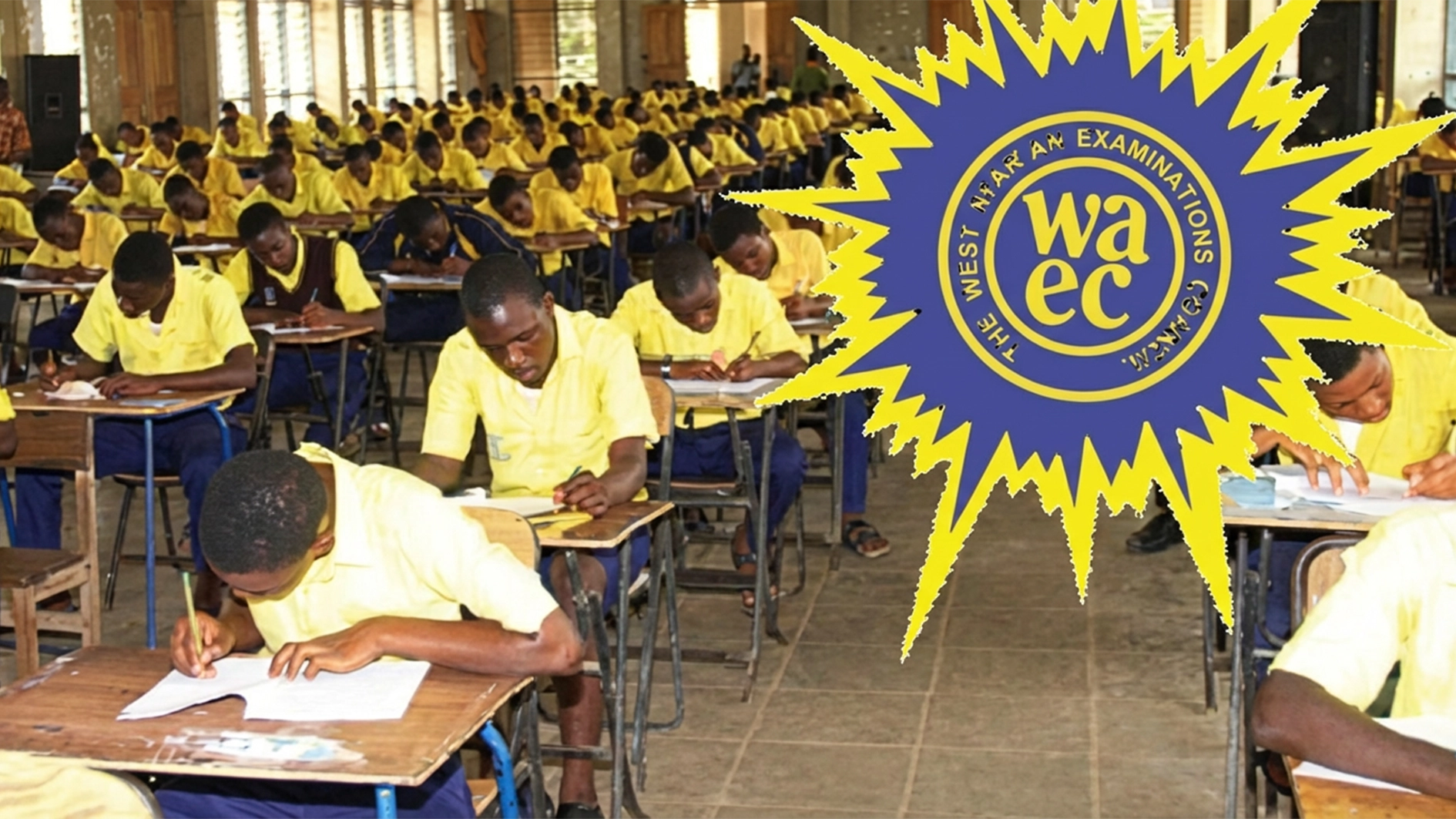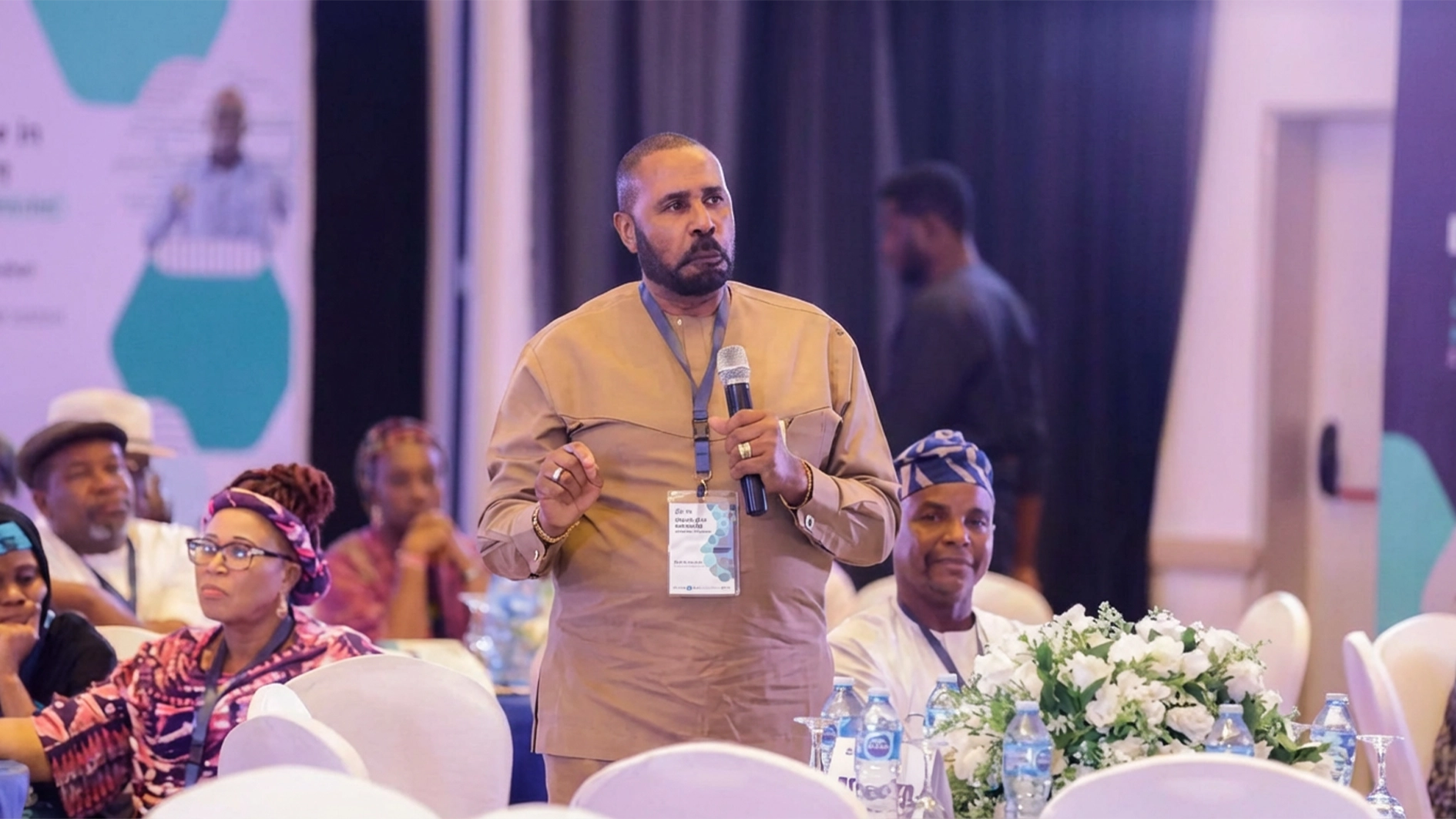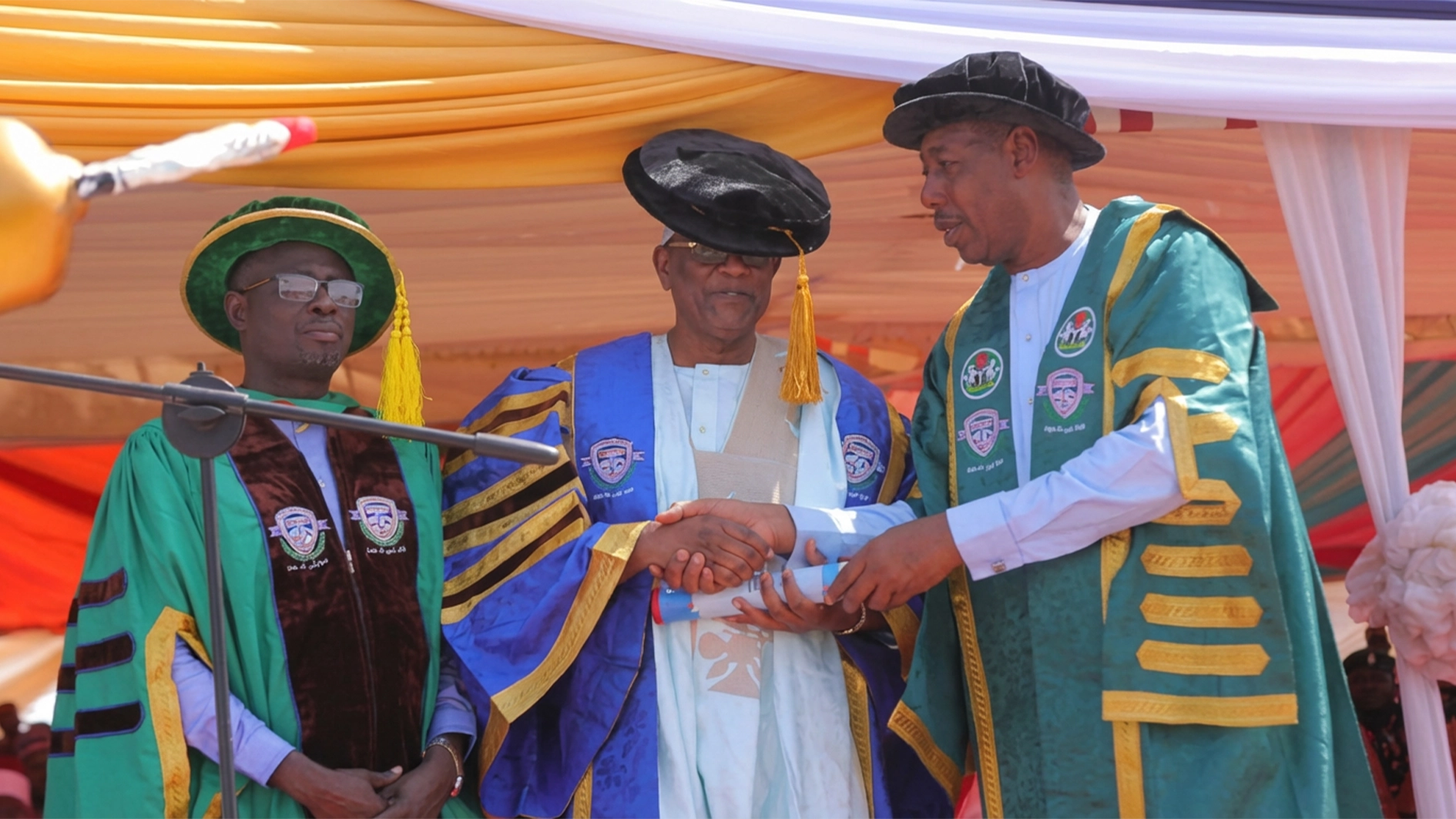
As attention shifts to 2025, the Federal Government has assured that it is poised to undertake a comprehensive review of the secondary school curriculum, which has remained unchanged since its introduction in 2011.
This move is expected to align the curriculum with contemporary educational standards, societal needs, and technological advancements. Set to commence in September, the review process will involve a thorough examination of the existing curriculum, identification of areas that require updating or revision, and incorporation of new subjects, skills, and competencies that are essential for the 21st-century learner.
The new curriculum will focus on practical skills acquisition, hands-on training, and industry partnerships to equip students with 21st-century skills and prepare them for success.
There is a strong consensus among stakeholders in the education sector regarding the pivotal role of curriculum in shaping students’ learning experiences and outcomes. Educators, policymakers, administrators, parents, and students all agreed that a well-designed and implemented curriculum is essential for achieving academic excellence, fostering personal growth, and preparing learners for success in an increasingly complex and interconnected world.
It is seen as the backbone of the education system, providing a framework for instruction, assessment, and evaluation. It outlines the knowledge, skills, and values students are expected to acquire and guides teachers to plan and deliver practical lessons.
An outdated curriculum leaves students ill-prepared for the demands of the modern world, as it may not address relevant skills or knowledge areas. Stakeholders emphasise that a high-quality curriculum should be relevant, rigorous, and responsive to the needs of diverse learners. It should also be aligned with national standards and benchmarks and incorporate cutting-edge research and best practices in education.
Key players agreed that the curriculum should be regularly reviewed and updated to reflect changing societal needs, technological advancements, and emerging trends.
This ensures that students receive contemporary and relevant education that prepares them for the challenges and opportunities of the 21st century. At a stakeholders’ meeting on implementing the new curriculum for basic schools, the federal government disclosed that a new curriculum for senior secondary education would commence by September 2025.
Immediate past Minister of Education, Prof. Tahir Mamman, had announced last October that the new curriculum would address problems of learning crises and employability as the new skills acquisition will have a multiplier effect by equipping students with 21st-century skills.
Also, speaking at his maiden press conference last month and echoing similar sentiment, Minister of Education, Dr Tunji Alausa, declared that there is no turning back on this decision, even as he announced that the country’s education system would shift to an 80 per cent practical and 20 per cent theoretical model.
Educators, policymakers and other players have expressed concerns that Nigerian secondary school graduates often lack the skills and competencies to secure employment and contribute meaningfully to society. This skills gap has resulted in the country relying heavily on skilled artisans and workers from neighbouring countries, highlighting the need for a more effective and relevant education system that prepares students for the workforce.
Findings by The Guardian showed that despite the Federal Government’s directive to make trade subjects and entrepreneurship education compulsory in secondary and tertiary institutions to address the skills deficit, most schools in Nigeria face significant challenges in implementing these programmes due to a shortage of qualified teachers and inadequate instructional materials for the 34 trade subjects.
Executive Secretary of the National Senior Secondary Education Commission (NSSEC), Dr Iyela Ajayi, has expressed his commission’s determination to turn things around and change the current state of affairs.
Ajayi noted that as part of efforts to enhance the quality and relevance of education in the country, the Nigerian government has initiated a review of the curriculum in secondary schools across the country. According to him, the ultimate goal is to modernise and strengthen the educational system, ensuring it remains relevant, practical, and aligns with the country’s development needs.
He said the Nigerian Educational Research and Development Council (NERDC) has been tasked with collaborating with other government agencies to review the curriculum, stressing that the NSSEC is one of the key agencies partnering with NERDC to achieve this objective.
“In line with our mandate of collaboration with the Nigerian Educational Research and Development Council (NERDC) to review the senior secondary school curriculum, we presented the NSSEC policy proposals to critical stakeholders to validate the curriculum framework.
“If you want to find out the level of development of a country, look at the curriculum. Countries in Asia have developed a lot. I am talking about Singapore, South Korea, Hong Kong, and Taiwan. These countries have emphasised Technical and Vocational Education and Training (TVET) and entrepreneurship education.
“But you find a situation where our curriculum has serious defects because people complained that it is irrelevant to the country’s needs. And that problem is being addressed by the new curriculum on senior secondary education that will be out in the new year.
He said the commission has also developed a national strategic roadmap 2024 to 2027, which harped on minimum standards for senior secondary education, capacity building workshops for teaching and non-teaching staff, data collection and development of NSSEC unified portal, advocacy and sensitisation visits to the 36 states and Federal Capital Territory (FCT), on the implementation and strengthening of the school-based management committee (SBMC), among others.
The NSSEC boss explained that the commission is saddled with transforming the senior secondary education system to meet global standards, adding that it has developed practical strategies to achieve this goal.
Ajayi said the new curriculum aims to bridge the theoretical and practical knowledge gap by incorporating hands-on training and industry partnerships. He stated that this approach will enable students to gain practical skills by working with artisans and industry professionals, with a stipend to support their training.
The NSSEC boss sounded the alarm on the dire state of secondary schools in Nigeria, emphasising the urgent need for collective action to tackle the myriad challenges plaguing the sub-sector. He listed some challenges, including infrastructural deficit, unqualified teachers, obsolete curriculum, and deplorable libraries and laboratories.
To address them, stakeholders underscored the need to foster collaboration among the government, educators, parents, the private sector, development partners and non-governmental organisations.
They agreed that by working together, the country can develop innovative solutions to revamp the secondary education system, ensuring that Nigerian students receive high-quality education that prepares them for success in an increasingly complex world.






